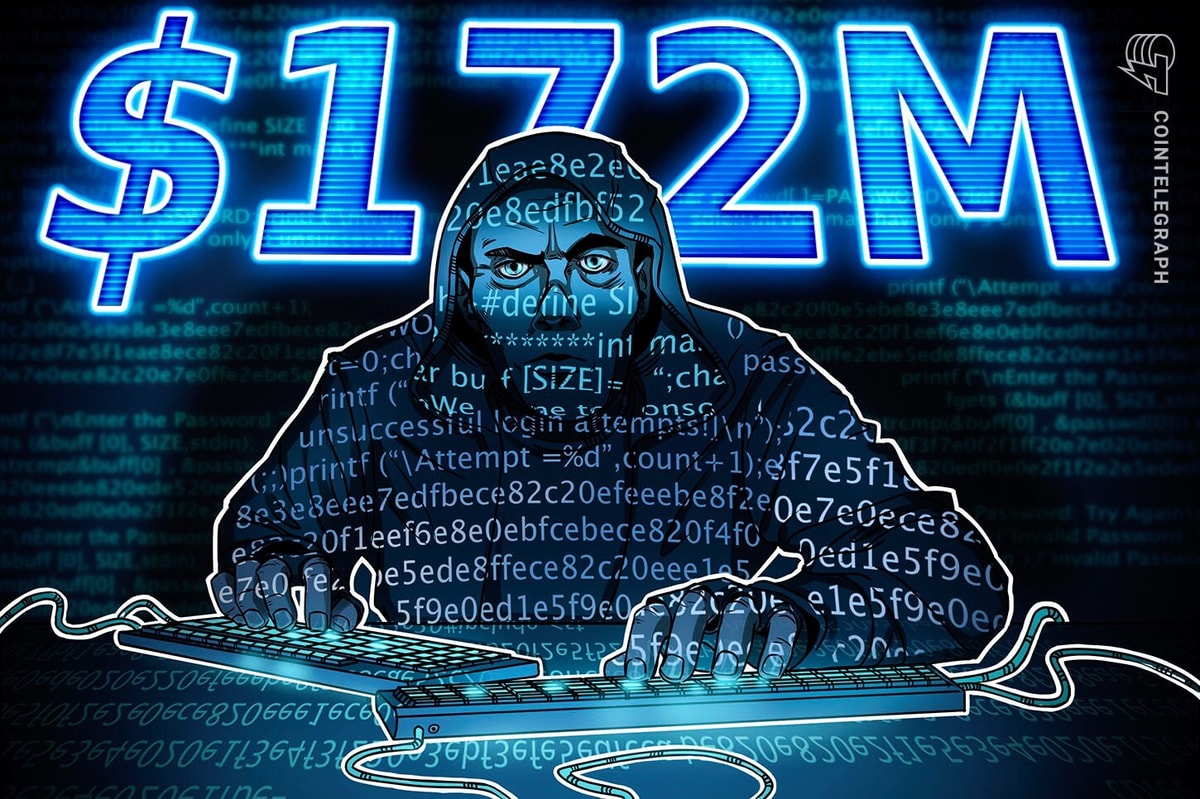
Proof of Keys day was initially created as a test for exchanges and other third-party custodians — a way for individuals to ensure that third parties holding bitcoin weren’t operating as a fractional reserve.
Let’s face it: It’s likely that many third-party bitcoin custodians are doing just that, and Proof of Keys day is unlikely to change anything. It’s time for this Bitcoin holiday to grow beyond an adversarial test for exchanges. It’s time to evolve this day into an educational celebration of private keys, where we help Bitcoiners both new and old understand the importance of self custody and take that first step toward holding their own keys.
Why Are Private Keys So Interesting?
Private keys are one of the best technologies in existence for granting asymmetric power to individuals. The source of that power lies in ownership and control over data — whether that data is Bitcoin or a text message. Only the owner of the key which encrypted a piece of data can view or control it, and it’s practically impossible to break that control with technical brute force.
For example, a Bitcoin private key is a random number between 1 and 2^256. That means that, on average, a computer would need to guess more numbers than the estimated number of atoms in the universe before it could guess the correct private key.
That is the power of private keys, and anyone can have that power. With the right tools in the hands of individuals, this technology is world changing.
Sounds like a nice story, but give me a practical reason why I should hold my own keys.
Even if you don’t care about the philosophical reasons for holding your own keys, there is a very practical and important reason why you should self custody your bitcoin.
One of Bitcoin’s biggest strengths is its decentralization. The Bitcoin software is run by thousands of nodes and miners, and private keys are held by millions of individuals. Decentralization makes Bitcoin one of the most resilient technologies ever invented.
But what happens if most bitcoin owners decide that holding their own keys is too difficult, and they’d rather let a third party manage that for them? On a large enough scale, this can actually pose a systemic risk to the Bitcoin network as a whole.
Let’s say the governments of the world wake up one day and decide to ban Bitcoin. It will be much easier for them to carry out that ban if they only need to seize bitcoin from a few major exchanges and custodians. On the flip side, it’s nearly impossible to knock on the door of every person in the world and make them give up their bitcoin.
Today, it’s estimated that anywhere between 20 percent to 60 percent of all bitcoin is held by third parties such as exchanges. My cofounder at Casa, Jameson Lopp, wrote an excellent article analyzing the amount of bitcoin held by custodians. While this is a large range, even 20 percent is too high for my peace of mind.
Not everyone is legally allowed to self custody; many regulated institutions, for example, are required to use a custodian. But individuals are legally allowed to self custody, and not enough of them take advantage of this right. Too much bitcoin held by third parties is a systemic risk to the network, and we as a community (including custodians holding funds) have a responsibility to educate individuals and help them take ownership of their bitcoin keys.
Your 2021 resolution: Truly owning your money.
Proof of Keys day is a holiday unique to Bitcoiners, and it will always have its roots in our philosophy of “Don’t trust, verify” — as a test for exchanges holding customers’ bitcoin. Moving forward from this year, let’s evolve the purpose of Proof of Keys toward one focused on education. Let’s teach and welcome individuals to take that first step toward real ownership of their financial future.
The success of Bitcoin depends on it.
This is a guest post by Nick Neuman. Opinions expressed are entirely their own and do not necessarily reflect those of BTC Inc or Bitcoin Magazine.










